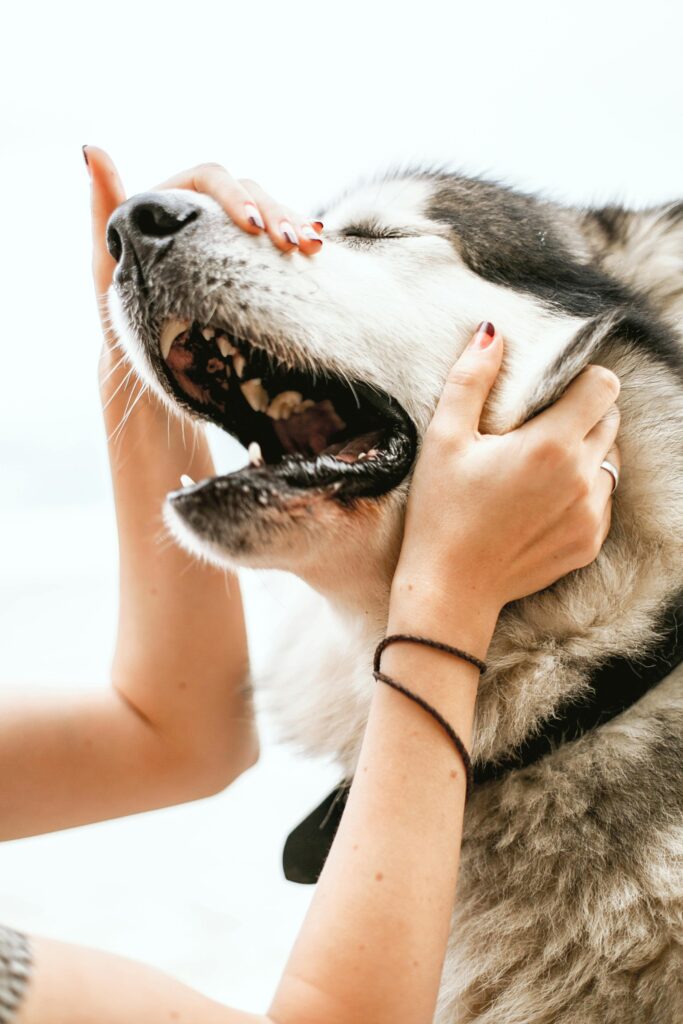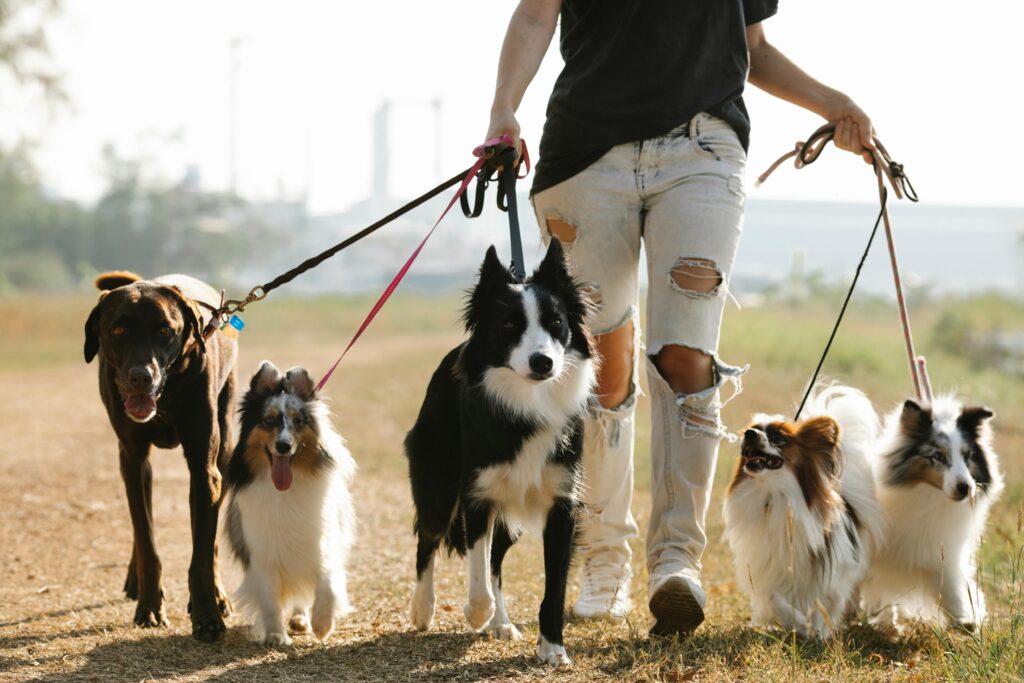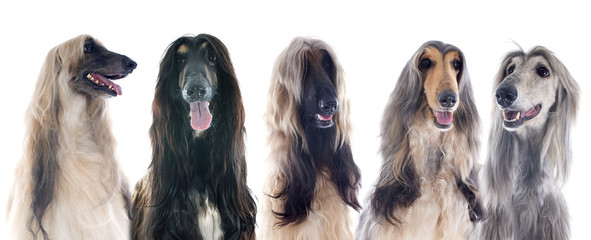Introduction
Boxer dogs are renowned for their loyalty, intelligence, and boundless energy. Whether you’re a seasoned pet owner or considering bringing a boxer into your home for the first time, it’s essential to understand the unique characteristics and needs of this beloved breed. In this comprehensive guide, we’ll delve into facts about Boxer dogs that every potential owner should know.
Table of Contents
History of Boxer Dogs
Origins
The history of Boxer dogs dates back to 19th-century Germany, where they were initially bred for hunting large game such as boar and deer. Their ancestors were likely the Bullen Besser, a now-extinct breed known for its strength and agility.
Development
Over time, Boxers were selectively bred to become versatile working dogs. They eventually transitioned to roles such as cattle herders, guardians, and even circus performers. Today, they are primarily valued as loyal companions and family pets.
Physical Characteristics
Appearance

Boxer dogs are characterized by their muscular build, square jaw, and distinctive “smooshed” face. They typically have short, smooth coats that come in various colors, including fawn, brindle, and white.
Size
On average, male Boxers stand between 22 to 25 inches tall at the shoulder, while females are slightly smaller, ranging from 21 to 24 inches. Their weight typically falls between 55 to 70 pounds for males and 50 to 65 pounds for females.
Temperament
Affectionate
One of the most endearing qualities of Boxer dogs is their affectionate nature. They thrive on human companionship and are known for forming strong bonds with their families.
Energetic
Boxers are incredibly energetic and require regular exercise to stay healthy and happy. They enjoy activities such as running, hiking, and playing fetch, making them ideal companions for active individuals or families.
Protective

While they are friendly and outgoing with people they know, Boxers also possess a natural protective instinct. They will alert their owners to potential threats but are not typically aggressive without cause.
Health Considerations
Common Health Issues
Like all breeds, Boxer dogs are prone to certain health conditions, including heart disease, hip dysplasia, and cancer. Regular veterinary check-ups and a balanced diet can help mitigate these risks.
Lifespan
On average, Boxer dogs live between 10 to 12 years, although some may live longer with proper care and attention to their health needs.
Training and Socialization
Obedience Training
Boxer dogs are intelligent and eager to please, making them relatively easy to train. Positive reinforcement techniques, such as treats and praise, are highly effective in teaching them commands and proper behavior.
Socialization
Early and ongoing socialization is crucial for Boxer puppies to ensure they grow into well-adjusted adults. Exposing them to various people, animals, and environments helps prevent behavioral issues such as aggression or anxiety.
Grooming Needs
Coat Care
Boxer dogs have short, low-maintenance coats that require regular brushing to minimize shedding and keep their skin healthy. Bathing should be done as needed, using a mild shampoo formulated for dogs.
Nail Trimming
Regular nail trims are essential for Boxers to prevent overgrowth and discomfort. If you’re unsure how to trim your dog’s nails safely, consult a professional groomer or veterinarian.
Boxer Dogs as Family Pets
Adaptability
Boxer dogs are incredibly adaptable and can thrive in various living situations, from spacious suburban homes to cozy apartments. However, they do require ample space to move around and burn off energy, so access to a fenced yard or regular walks is essential.
Playfulness
Known for their playful and clownish demeanor, Boxers have a youthful exuberance that can brighten any household. They often retain their puppy-like enthusiasm well into adulthood, making them excellent playmates for children and adults alike.
Sensitivity
Despite their robust appearance, Boxers are sensitive souls who crave love and attention from their human companions. They are known to form deep emotional bonds with their families and may become anxious or distressed if left alone for extended periods.
Boxer Dog Diet and Nutrition
Nutritional Needs
A balanced diet is crucial for maintaining the health and vitality of Boxer dogs. High-quality commercial dog foods formulated for large breeds are typically recommended, although some owners opt for homemade or raw diets under the guidance of a veterinarian.
Feeding Schedule
Adult Boxers generally thrive on two meals per day, spaced evenly apart to prevent digestive issues such as bloat. Puppies may require more frequent feeding to support their rapid growth and development.
Dietary Considerations
Boxer dogs are prone to food allergies and sensitivities, so it’s essential to monitor their reactions to different ingredients and avoid common allergens such as wheat, corn, and soy. Additionally, proper portion control is crucial to prevent obesity, which can exacerbate health problems such as joint issues and heart disease.
Boxer Dog Exercise Requirements
Daily Activity
Due to their high energy levels, Boxer dogs require plenty of physical exercise to stay mentally stimulated and prevent boredom. Aim for at least 60 minutes of moderate to vigorous activity each day, including walks, playtime, and interactive games.
Mental Stimulation
In addition to physical exercise, Boxers benefit from mental stimulation to keep their minds sharp and engaged. Puzzle toys, obedience training, and interactive play sessions can help prevent destructive behaviors stemming from boredom or under-stimulation.
Exercise Safety
While Boxers are robust and athletic, it’s essential to exercise caution during intense activities such as running or agility training. Avoid exercising them in extreme heat, and be mindful of their limits to prevent heatstroke or exhaustion.
Boxer Dog Health Insurance
Importance of Health Coverage
Investing in pet insurance for your Boxer can provide peace of mind and financial protection in the event of unexpected illness or injury. Veterinary care can be expensive, and having insurance coverage can help offset the cost of treatments and procedures.
Coverage Options

When choosing a pet insurance plan for your Boxer, consider factors such as coverage limits, deductibles, and exclusions. Look for policies that offer comprehensive coverage for accidents, illnesses, and hereditary conditions common in the breed.
Wellness Care
In addition to medical coverage, many pet insurance plans offer wellness benefits such as vaccinations, preventative care, and routine exams. These services can help keep your Boxer healthy and detect any potential health issues early on.
Conclusion
Boxer dogs are more than just pets—they’re beloved members of the family. Understanding their unique characteristics, needs, and quirks is essential for providing them with the love and care they deserve. Whether you’re drawn to their playful personality, loyal nature, or striking appearance, Boxers have a way of capturing hearts and leaving a lasting impression on those lucky enough to share their lives.
Additional Resources
For further information on Boxer dogs and how to care for them, explore the following resources:
Conclusion
In conclusion, Boxer dogs are beloved for their playful personalities, unwavering loyalty, and distinctive physical traits. Understanding the facts about Boxer dogs is essential for anyone considering adding one to their family. With proper care, training, and attention to their unique needs, Boxers can make wonderful companions for individuals and families alike.
Additional Resources
For more information on Boxer dogs, check out the following resources:





























































